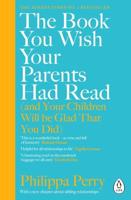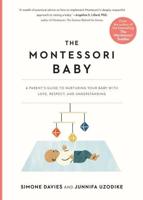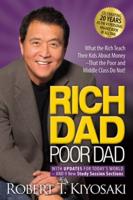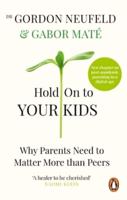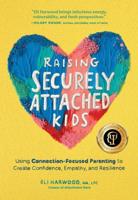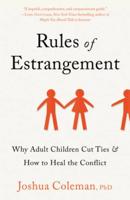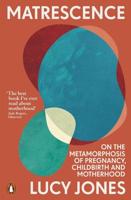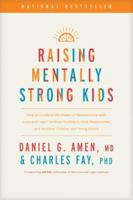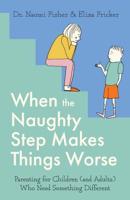Publisher's Synopsis
I am a retired clinical psychologist whose forty-year specialty was treating substance abusers and their families. I worked both in private practice and in school settings. In the schools I frequently counseled both youthful bullies and their victims. The word "bully" fascinated me. It has gone through a mysterious evolution from its beginning in the middle ages. It originally identified someone as a "sweetheart," but during the seventeenth century its meanings became, first, "fine fellow," then, "blustering daredevil." By the end of that century, being called a bully meant you were a "harasser of the weak." The development of bullies I counseled usually seemed to mirror the devolution of the word. Their path to becoming one went from being a loveable infant, to an unkind child, a belligerent teen, and, ultimately into an adult who preyed upon the vulnerable and the less fortunate.
It is a myth that it is the strong who are bullies. Scratch a bully and you will find a victim underneath. The sad truth is bullies cannot handle their own victimization, usually at the hands of a family member with problems of their own. The bullied child compensates for it by attacking those they perceive as weaker than themselves: the kind and the gentle-natured. Those bullied are often children, childlike adults, and those whose cleverness, beauty, or kindness makes the bully jealous. Anything a he says to justify his abuse is a lie. Their nastiness comes from having a damaged psyche, one that failed to develop the empathy necessary to protect one's self and others from cruelty. We build our character by our choices. With every choice to be unkind, a bully builds his heartlessness. With the choice to be kind, one builds compassion and decency into their personality.
With help, a victimized child on the road to becoming a bully can start to make right choices and thereby avoid that fate. The saving grace to being bullied as a child is that being a target and overcoming it makes one stronger in their adult lives. Through their own victimization they can learn to become empathetic. By knowing the pain of others they can be transformed into those who choose to be kind.
What I have written did not start out as a murder mystery. Twenty pages into writing formal text about alcoholism's effect on family relationships, I decided I might have a larger audience if I wrote about it in the form of a (hopefully) compelling story. Consequently, this story was written primarily to shed light on the terrible plight of children who grow up being bullied by alcoholic parents. If the reader is intrigued by the mystery, that would make me doubly pleased with what I wrote. In the course of this story I hope the reader will be able to empathize with the plight of our fictitious hero, Bill Hael, and the similarly painful troubles of an actual hero, Babe Ruth. In the course of weaving this tale I sought to present the roles children learn to play in dysfunctional families as a way of trying to balance their lives. From my experience as a psychologist seeing a plethora of kids with this background who also suffered from having attention deficit hyperactivity disorder, I threw in my interpretation of that disorder. Lastly, as I doubled as a marriage counselor, I gave some advice for creating and maintaining a happy marriage.

